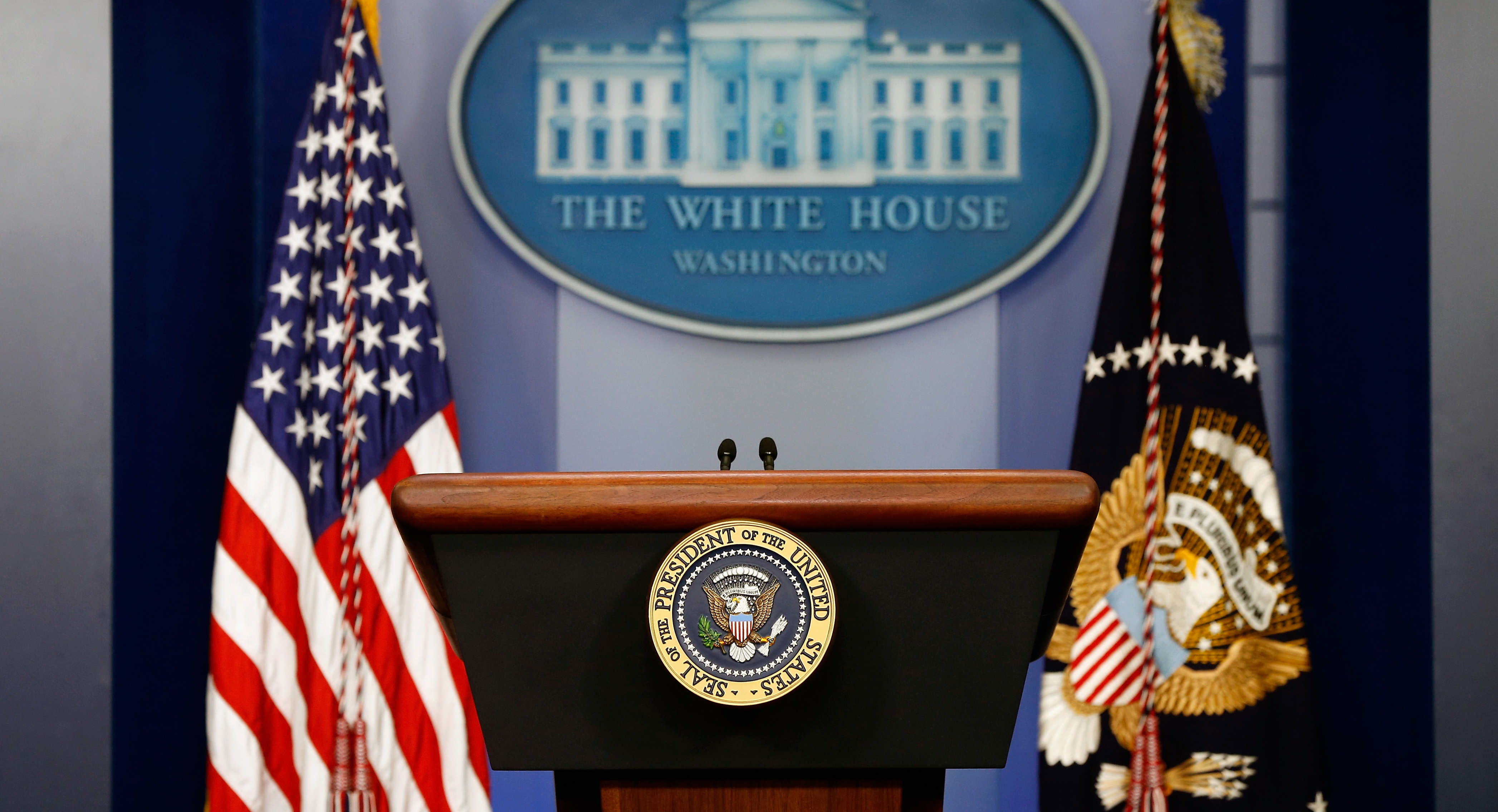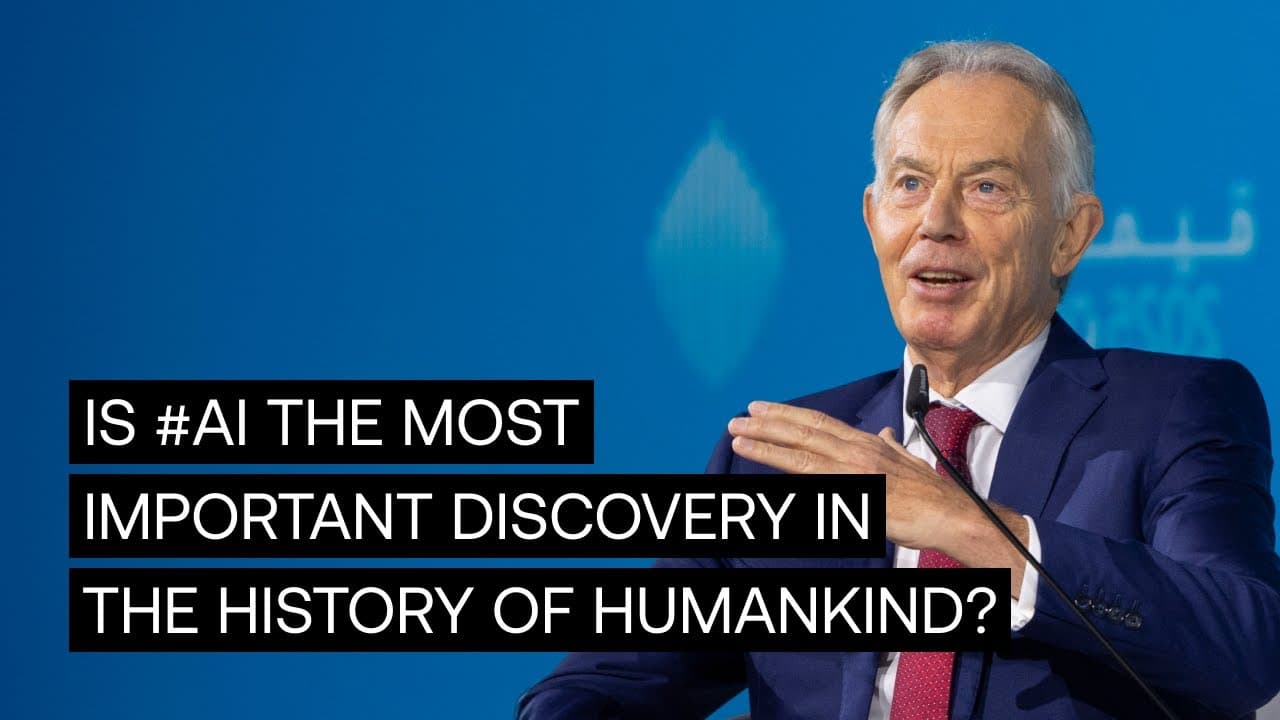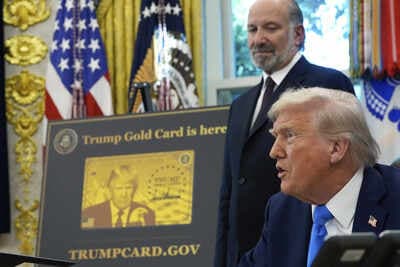President Donald Trump"s recent threat to impose up to 200% tariffs on imported pharmaceuticals is not just a bold political maneuver; it is a potential disaster for public health in the United States. This announcement, made during a Cabinet meeting on July 8, 2025, raises urgent questions about the future of drug access for millions of Americans, especially those already struggling to afford their medications.
Impact on Drug Prices and Access
According to Johns Hopkins, tariffs on pharmaceutical products are likely to escalate drug prices across the board. For branded drugs, which often come with a hefty price tag due to patent protections, the introduction of tariffs could create an unsustainable monopoly. This situation would exacerbate the already dire inequalities in healthcare access, particularly for marginalized communities who rely on affordable medications to manage chronic conditions.
Supply Chain Disruptions Are Inevitable
As reported by Harvard Law School, the imposition of such significant tariffs will disrupt global supply chains that are already fragile. Pharmaceutical companies rely on an intricate network of international suppliers for raw materials. Increasing production costs will not only raise prices but may also lead to shortages of essential medications. This scenario poses a severe risk to patients who depend on consistent access to their treatments.

Daily White House press briefing to stay in the West Wing ...
Threat to Research and Development
The pharmaceutical industry is already navigating challenges from previous drug pricing policies initiated by the Trump administration. The threat of a 200% tariff could discourage investment in research and development, as noted by Brookings. Alex Schriver, senior vice president of public affairs for PhRMA, highlights that every dollar spent on tariffs is a dollar not invested in the development of future treatments. This stagnation in innovation could have long-term consequences for disease management and public health.
Historical Context of Tariffs on Medicines
Historically, medicines have been exempt from tariffs due to their critical role in public health. Imposing such high tariffs would reverse decades of policy aimed at ensuring access to healthcare. The implications of this shift could be catastrophic, particularly for vulnerable populations who are already facing barriers to care. Research has shown that increased costs lead to patients skipping doses or foregoing necessary medications altogether, resulting in worsening health outcomes and increased healthcare costs in the long run.

"HOPKINS BLOOMBERG SCHOOL OF PUBLIC HEALTH" - JOHNS HOPKINS — RobertMcClintock.com
Political Motives Behind the Tariffs
The timing of Trump"s tariff threat raises questions about the underlying political motives. By positioning himself as a defender of American manufacturing, Trump may be attempting to rally support among his base ahead of the upcoming election. However, the ramifications of such a move will likely fall hardest on the very constituents he aims to protect. As the healthcare debate rages on, it is essential to scrutinize the impact of these policies on everyday Americans.







![[Video] Gunfire between Iraqi security forces and Sadr militias in Baghdad](/_next/image?url=%2Fapi%2Fimage%2Fthumbnails%2Fthumbnail-1768343508874-4redb-thumbnail.jpg&w=3840&q=75)
